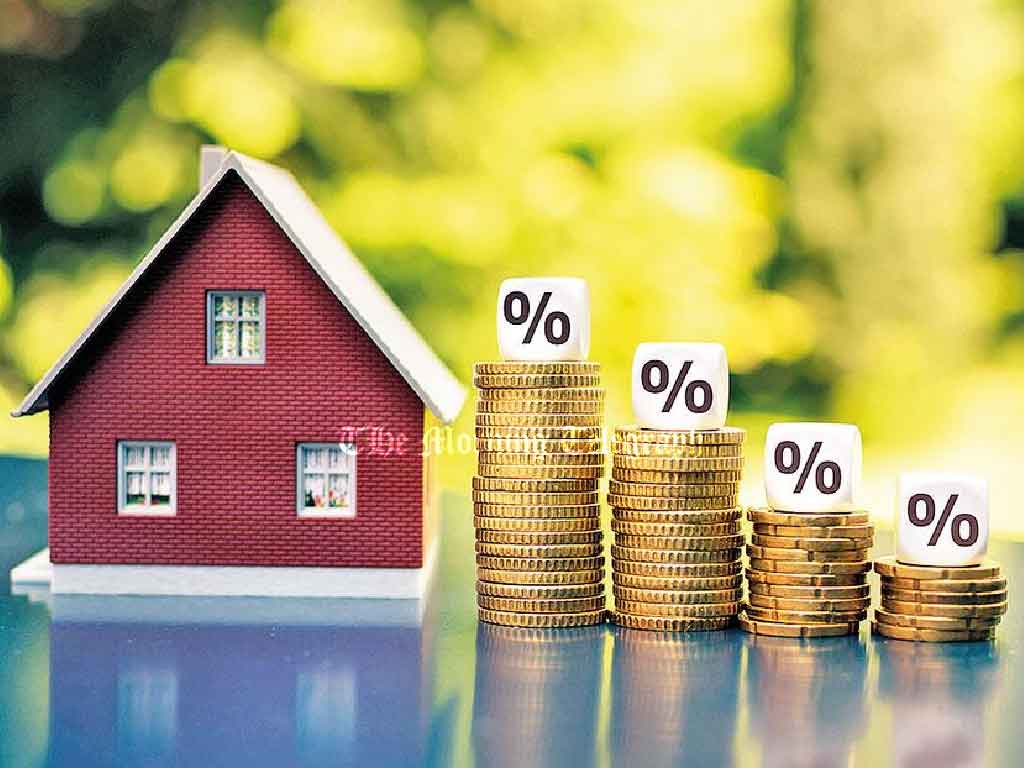
Sri Lanka has decided to defer the implementation of a controversial imputed rental tax on owner-occupied houses, a measure promoted by the International Monetary Fund (IMF). The decision, announced by Duminda Hulangamuwa, a senior advisor to President Anura Kumara Dissanayake, comes amidst growing public criticism and concerns over its impact on the housing sector.
The imputed rental income tax proposed in Sri Lanka, intended to tax homeowners based on the estimated rental value of their properties, has sparked considerable opposition. Critics contend that the tax could stifle housing development, especially in a sector already burdened by high taxes on construction materials. Initially anticipated to contribute around 0.2% of government revenue, the tax’s postponement signals a move by the government towards more precise and strategically targeted fiscal policies.
Sri Lanka is currently navigating a delicate fiscal landscape under an IMF-supported program that requires the government to meet specific revenue targets. While some policymakers, including the National People’s Power (NPP) Economic Council head Anil Jayantha, have argued against taxing imputed income—which is not actual income—the government remains committed to responsible fiscal management.
Hulangamuwa emphasized the importance of balancing revenue generation without discouraging investment. He explained that while across-the-board tax reductions, such as lowering VAT or cutting fuel prices, may seem appealing, they are inefficient and often benefit wealthier segments of society disproportionately.
Instead, the government plans to implement targeted subsidies aimed at vulnerable groups. For instance, specific subsidies will be directed toward fishermen for fuel, or schoolchildren from low-income families for educational resources. President Dissanayake has already allocated funds for distributing free books to deserving students.
The IMF’s “revenue-based fiscal consolidation” strategy, which focuses on increasing government revenues rather than cutting spending, has raised concerns among analysts. Critics argue that this approach may be unsustainable, as increased revenues often lead to higher government spending, particularly in a country like Sri Lanka with a bloated public sector.
Sri Lanka’s public sector accounts for 15% of the national workforce, one of the highest in the region, significantly outpacing countries like Singapore (10%), Thailand (9%), and Vietnam (8%). The country’s large state apparatus, which includes a sizable military and numerous political appointees, absorbs a significant portion of tax revenues in the form of salaries.
Historically, even when Sri Lanka’s revenues reached 23% of GDP, fiscal instability persisted due to inefficient public spending and monetary mismanagement. Analysts caution that without structural reforms to reduce public sector expenses and improve fiscal discipline, the country may continue to face economic challenges despite increased revenue collection.
The deferral of the imputed rental tax reflects the government’s recognition of the need for more nuanced fiscal policies that balance revenue generation with economic growth and social welfare. As Sri Lanka aims to achieve a revenue-to-GDP ratio of 15%, the focus will be on implementing targeted subsidies and exploring sustainable methods of fiscal consolidation to address the country’s longstanding economic challenges.




